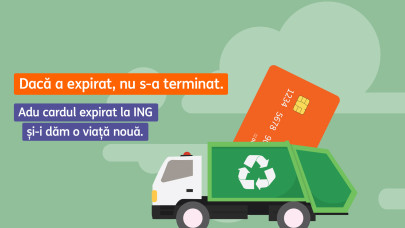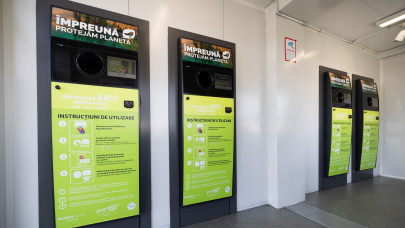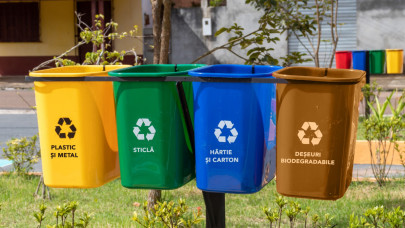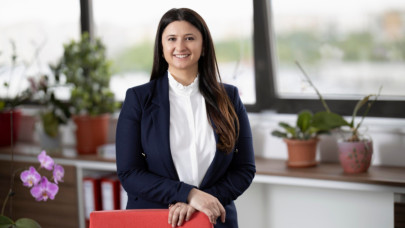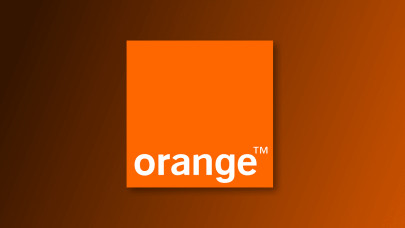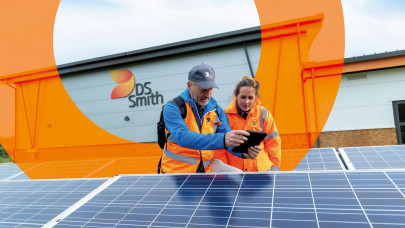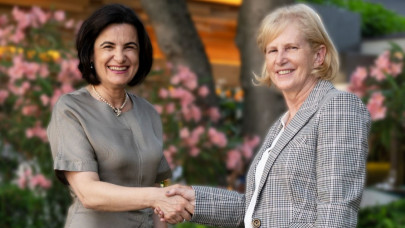With the ban, the EU aimed to reduce alarming levels of plastic pollution worldwide, especially marine litter. Regulators have identified ten categories of single-use plastic items, five of which are packaging items: plastic bags, packets and wrappers, beverage containers, cups for beverages, and food containers. The rest, except for cigarette buts, are also part of FMCG and retailer's base offerings: cotton bud sticks, cutlery, plates, straws and stirrers, balloons, wet wipes and sanitary items.
Where sustainable alternatives are easily available and affordable, single-use plastic products cannot be placed on the EU member state markets. Other specific targets for reducing plastic waste include:
● 77% separate collection for plastic bottles by 2025 and 90% by 2029;
● 25% of recycled plastic incorporated in PET beverage bottles from 2025;
● 30% in all plastic beverage bottles from 2030.
Faced with these targets, companies and startups have been working on innovations in one of four key areas: zero-waste initiatives, alternative materials, reusable and refillable products and packaging, and recycling incentives.
Below, we highlight single-plastic alternative solutions across each of these four areas from FMCG players and retailers in Romania.
Zero-waste initiatives
The zero-waste philosophy advocates for waste prevention, so that we send minimum to zero discards to landfills and burning, while conserving materials and products already in use.
In the context of FMCG, many products often come in packaging for safety, marketing, and logistic reasons. To minimize the amount of packaging, zero-waste retailers have pioneered concepts such as bulk purchasing and bring-your-own-container. As single-use plastics are antithetical to the circular economy, they also offer products in alternative packaging such as paper, metal, cotton, or bamboo.
In Romania, the first physical zero waste store opened in 2020 in Bucharest. Here, customers can bring their reusable packaging and purchase a variety of products, from food to detergents. Elsewhere in Romania, there are other zero-waste stores, such as ONO in Oradea, Terawell in Cluj Napoca, and AER in Piatra Neamt.
Alternative materials
Alternative materials to single-use plastics range from recycled plastics to bioplastics and to otherwise plant-based biodegradable materials, such as paper, or infinitely recyclable, such as aluminium.
FMCG and retail players are no short of options, often pioneered by the startup sector. In Romania, R-CREATE is the first B2B digital platform that offers packaging-as-a-service solutions to online retailers to encourage the circular economy. They connect stores and couriers on the platform while offering consumers the choice to select “eco-delivery” and return the packaging to couriers.
Some companies opt for biodegradable and compostable bioplastics, such as those offered by the Romanian company Promateris. Once a plastic producer, they have developed a cornstarch-based raw material intended for compostable packaging.
Meanwhile, global brands such as Ariel have replaced plastic in packaging with paper. Ariel pods now come packed in a proprietary cardboard box called ECOCLIC (which makes a sound to let you know it's closed, ed. note) that aims to save the company 6,500 tons of plastic across Europe.
Reusable and refillable products
To avoid pollution and value materials for longer, the first solution, as depicted in the circular economy butterfly diagram by the Ellen Macarthur Foundation, is to maintain or prolong the life of products.
One innovation from FMCG producers in this field is making the product refillable. Once they finish the product, consumers can purchase only a refill instead of the whole item.
The Dove brand, for instance, sells a refillable deodorant. The product contains a stainless steel deodorant case that can theoretically live forever, instead of the usual hard plastic that was difficult to recycle. Meanwhile, the deodorant refills are packed in 98% recycled plastic and can be purchased separately. In the beauty sector, Kiehls is also riding the refillable game with 1-litre refill pouches for body creams and body & shower cleansers.
Cotton-based or recycled-plastic-based shopping bags offered by retailers at an additional cost is another example of incentivising the reuse of packaging, and a way to discontinue single-use plastics.
Recycling incentives
When everything else is not feasible, recycling is one of the remaining ways of improving circularity by recovering a part of the initial material value and repurposing it.
In the EU, countries have ambitious recycling targets, including for packaging and packaging waste. Among others, member states must recycle a minimum of 65 % by weight of all packaging waste will be recycled and 50 % of plastic packaging, specifically.
To reach recycling targets, at both country and company levels, however, a proper separate waste collection and recycling infrastructure needs to be in place. In Romania, retailer Kaufland has placed separate waste collection islands in every store parking lot and frequently ran promotional programs together with producers to incentivise consumers to recycle products.
At a country level, one of the key programs that will launch in September 2023 is a guarantee-return system (GRS). Through the system, Romanians will pay a guarantee of 0.50 RON when they buy a drink (water, soft drinks, beer, cider, wine, or spirits) from a retailer. The system applies to non-reusable primary packaging made of glass, plastic or metal, with volumes between 0.1 l and 3 l. After finishing the product, consumers are expected to bring the packaging back to return points organized by merchants across Romanian stores and receive the guarantee back.


